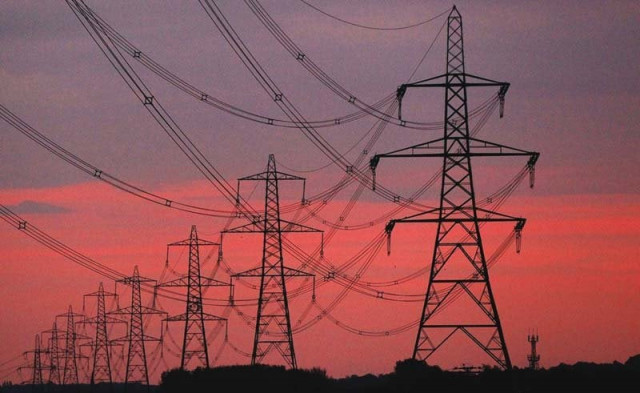‘Energy tariffs could come down in 10 days’
PM’s adviser Miftah Ismail says uniform gas tariff across Pakistan not possible

PHOTO: REUTERS
Instead of giving rebates, the government will look to ensure affordable power tariffs, said Ismail, the de-facto finance minister, who was also quick to dismiss the possibility that gas would be provided at a uniform rate across Pakistan.
His statement came after concerns were raised by representatives of the All Pakistan Textile Mills Association (Aptma) who argued that the high cost of doing business is hindering Pakistan in achieving its export target.
Energy ministry looks to reduce tariff for power production at sugar mills
Ismail responded by saying that gas and power rates would be lowered, possibly in the next ten days. The millers’ demand for a uniform gas tariff, since Punjab faces a higher rate than the one in Sindh, was rejected.
“This is not possible as gas used in Punjab is imported,” he said as he addressed media in Lahore on Saturday.
However, he assured the millers that the government would compensate them for the suspension of 28% system gas that has been replaced with RLNG. “The excess amount they have to pay on additional use of RLNG would be compensated.”
Regarding rebate on sales tax paid on packaging material, Ismail said this would not be possible in the forthcoming budget.
Govt scraps upfront tariffs for renewable energy
Cost of doing business
Ismail was clear when he said that Punjab and Sindh face different set of circumstances, categorically stating that there are going to be variations in input costs across different geographical locations within the country.
“Punjab industries pay a higher price for gas, and industries in Karachi have to pay a very high price for water. In addition, they are subjected to security concerns.”
Ismail said he owns industrial estate in Karachi, but relocated on of his units to Lahore after the availability of RLNG. He refuted reports that the government is providing free land to foreign investors.
“They will have to operate on the same concessions that are available to the domestic investor.”
Meanwhile, Ismail added that cotton growers are moving to low value-added crops, reducing the production available for Pakistan.
Official figures show that the crop size this year would be over 12 million bales.
Use of the yuan
The former Board of Investment chairman said the proposal to use Chinese currency has not been reported properly. “The government is currently studying the pros and cons of the proposal. We import goods worth $16 billion from China and our exports are only worth $4 billion. We have to look at ways on how to tackle the deficit of $12 billion in bilateral trade with China.”
Ismail said he was optimistic on Pakistan’s economy, saying that exports were now registering an increase.
“The economy is in good shape, and is expected to grow at 6% this year. I am confident that the economy is strong enough to withstand minor strains, including the one in our relations with the United States.”
Published in The Express Tribune, January 7th, 2018.
Like Business on Facebook, follow @TribuneBiz on Twitter to stay informed and join in the conversation.


















COMMENTS
Comments are moderated and generally will be posted if they are on-topic and not abusive.
For more information, please see our Comments FAQ